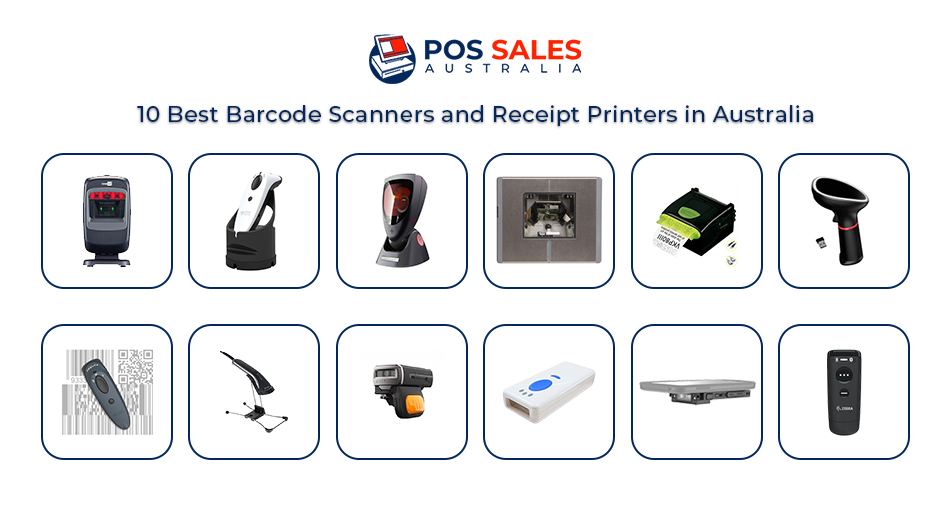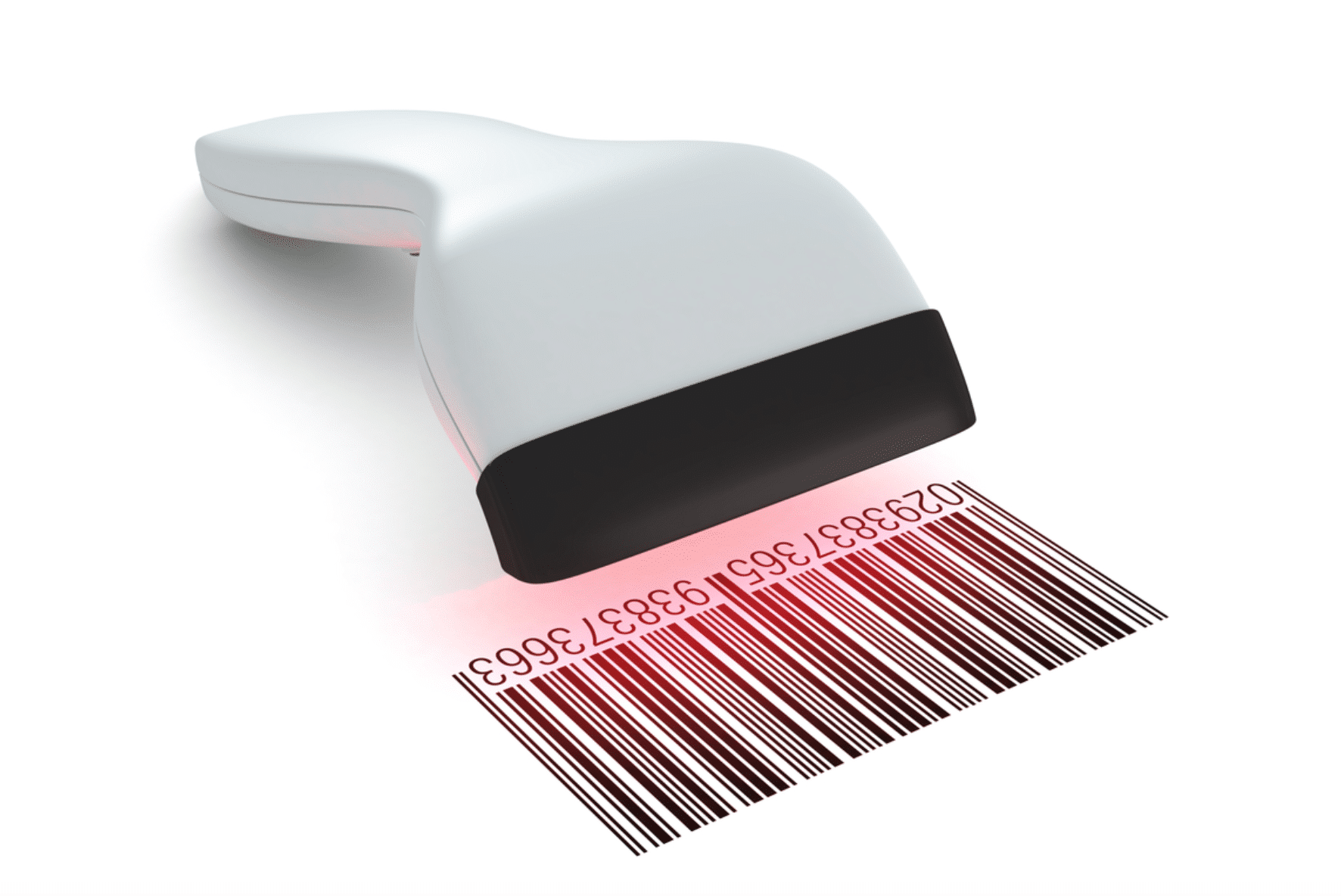Heavy-Duty Barcodes Scanners Built for Professional Needs
Heavy-Duty Barcodes Scanners Built for Professional Needs
Blog Article
Choosing the Right Barcode Scanner for Your Business Requirements
Choosing the proper barcode scanner for your organization calls for a nuanced understanding of your specific operational requirements and environmental problems. Elements such as scanner type, rate, and compatibility with existing systems play a crucial duty in identifying the best selection.
Comprehending Barcode Scanner Kind
When it pertains to selecting a barcode scanner, comprehending the different kinds available is essential for conference particular business needs. Barcode scanners can be classified into numerous types, each designed for various applications and settings.
Fixed-mount scanners, on the various other hand, are created for high-volume scanning applications, commonly discovered in setting up lines or check out counters. These scanners are installed in a fixed position, enabling for rapid scanning of numerous items in succession.
An additional type is the mobile computer, which incorporates scanning abilities with calculating power. These devices are ideal for field operations or stockroom monitoring, allowing information collection and real-time supply tracking. Furthermore, there are industrial scanners that are developed to withstand extreme settings, such as extreme temperature levels or exposure to dirt and moisture.

Secret Functions to Think About
What important attributes should companies prioritize when picking a barcode scanner? Scanning speed is crucial, as faster scanners boost operational efficiency, especially in high-volume environments. The scanner's capacity to review various barcode layouts is also crucial; ensure it sustains prominent types like QR codes, UPC, and Code 128 to fit diverse stock items.
Longevity is one more crucial attribute, especially for organizations in rugged setups. Seek designs that are constructed to withstand decreases, dirt, and moisture. In addition, think about the connectivity choices available; whether you like USB, Bluetooth, or Wi-Fi, the best connection can boost integration with existing systems.

Evaluating Your Business Setting
To efficiently pick a barcode scanner, businesses need to take stock of their particular operational setting. This analysis consists of reviewing the physical format of the work space, the nature of the products being scanned, and the typical conditions under which scanning happens. A retail environment may require handheld scanners that can swiftly refine transactions at the check out, while a warehouse setting might profit from ruggedized scanners designed to endure harsher problems.
Additionally, think about the quantity of scanning needed. High-throughput atmospheres may demand advanced scanning innovations, such as fixed-position scanners or mobile phones that can run successfully in fast-paced circumstances. The assimilation capacities with existing inventory management systems likewise play an essential role; make sure the selected scanner can effortlessly attach with software application systems being used.
In addition, analyze the potential for development and scalability. A scanner that fulfills existing needs may not be enough as company expands. By completely evaluating these elements, companies can select a visit the site barcode scanner that not just fulfills instant requirements however likewise supports long-term operational performance and flexibility. This critical strategy inevitably adds to smoother procedures and enhanced efficiency.
Budgeting for Your Scanner
Having assessed the functional environment and recognized the specific demands for a barcode scanner, the following action entails mindful budgeting to make certain a clever monetary investment. Developing a budget plan begins with identifying the general costs connected with the scanner, consisting of initial purchase price, functional costs, and prospective maintenance fees.
When selecting a barcode scanner, think about the series of readily available alternatives, from portable gadgets to fixed-position scanners, as costs can differ significantly. It is vital to balance price with functionality; choosing a more inexpensive model might description bring about raised functional ineffectiveness if it does not satisfy your service needs.
Along with the hardware, element in costs connected to software why not try this out application, training, and possible upgrades. While it may be tempting to reduce ahead of time expense, buying a high quality scanner that lines up with your functional demands can generate lasting savings with enhanced effectiveness and minimized downtime.
Last but not least, consider the total expense of ownership, which includes the scanner's life expectancy and possible resale worth. By diligently planning your budget, you can guarantee that your financial investment in a barcode scanner will certainly boost your functional performance and monetary efficiency.
Combination With Existing Solution
Incorporating a barcode scanner with your existing systems is crucial for optimizing its effectiveness and guaranteeing seamless operations. barcodes scanners. A well-integrated scanner improves process effectiveness, lowers mistakes, and increases information handling. When picking a barcode scanner, consider compatibility with your current software application and equipment framework, including your inventory management systems, point-of-sale (POS) systems, and venture resource planning (ERP) remedies
Review whether the scanner utilizes basic procedures such as USB, Bluetooth, or Wi-Fi, which can promote easy assimilation. Furthermore, assess whether the scanner's software provides APIs or SDKs that enable modification and integration with exclusive systems. This is especially crucial for services with unique operational demands.
Furthermore, take into consideration the scalability of the scanning remedy. As your business expands, your systems ought to be able to suit added scanners and deal with boosted data volumes without substantial reconfiguration. Ultimately, investing in a barcode scanner that effortlessly incorporates with your existing systems will certainly produce long-term advantages, improving accuracy, efficiency, and general productivity within your operations. Put in the time to completely analyze your integration requires before purchasing decision.

Conclusion
In verdict, choosing a suitable barcode scanner demands a thorough examination of different elements, consisting of scanner types, important features, and the specific company environment. The appropriate barcode scanner offers as a vital device in enhancing processes and promoting efficient stock monitoring.
Report this page